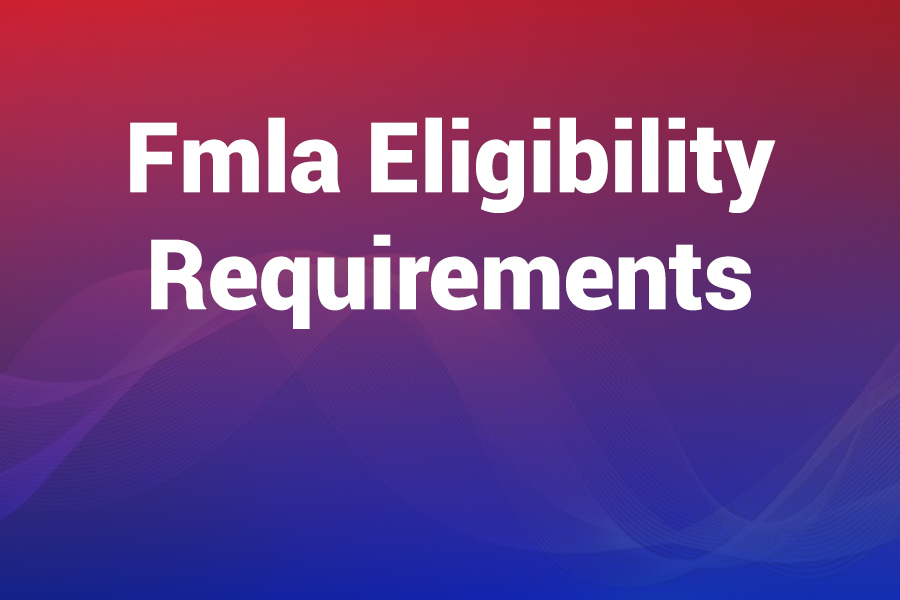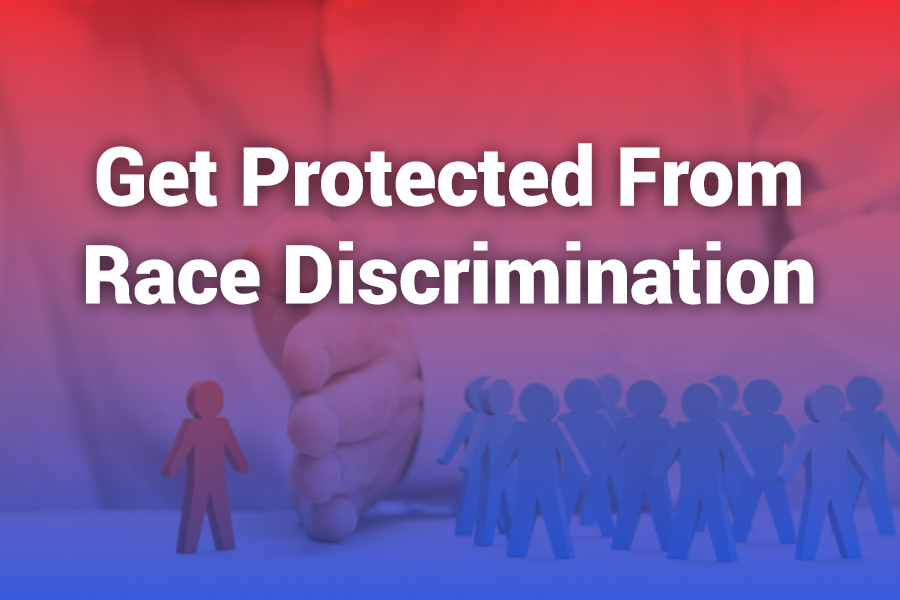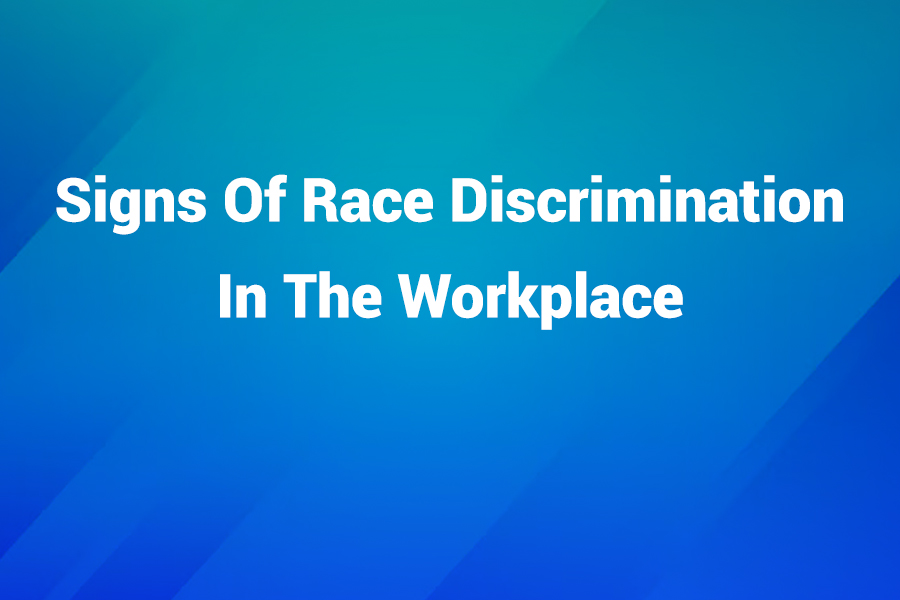Find Your Child Support Cost Accurately
Estimate your child support payments based on California guidelines
Parent Information
Parent A (You)
Parent B (Other Parent)
Advanced Factors
Parent A (You)
Parent B (Other Parent)
Estimated Child Support
Based on California guidelines
This calculator provides an estimate based on the California child support guidelines. Actual amounts may vary based on court decisions and other factors not included in this calculation.
Understanding California Child Support Guidelines
California uses a complex formula called the "guideline calculation" to determine child support payments. This formula takes into account both parents' incomes, the amount of time each parent spends with the children, tax deductions, and other factors.
The state's primary concern is ensuring children receive adequate financial support from both parents, regardless of their living arrangements. The formula is designed to standardize support amounts across similar situations while allowing for individual circumstances.
Courts generally follow these guidelines, though judges can deviate from them in special circumstances if they determine the guideline amount would be unjust or inappropriate in a particular case.
Factors That Affect Child Support Calculations
Several key factors influence the amount of child support in California:
- Income: Both parents' gross incomes from all sources, including wages, self-employment, investments, and benefits.
- Parenting Time: The percentage of time each parent has physical custody of the children.
- Tax Filing Status: How each parent files taxes can affect the calculation.
- Mandatory Deductions: Health insurance premiums, union dues, and retirement contributions.
- Child-Related Expenses: Costs for childcare, education, and medical needs not covered by insurance.
- Other Children: Support obligations for children from other relationships.
Understanding these factors can help you better predict potential support obligations and prepare for financial planning.
Modifying Child Support Orders in California
Child support orders aren't permanently fixed and can be modified when circumstances change significantly. Valid reasons for modification include:
- Substantial changes in either parent's income
- Changes in the custody or visitation schedule
- Loss of employment or disability
- Incarceration of a parent
- Changes in the children's needs (medical, educational, etc.)
To request a modification, you must file a motion with the court that issued the original order. The court will review the current circumstances and may adjust the support amount accordingly. It's important to note that modifications typically aren't retroactive—they only affect future payments from the date of filing.
Working with a family law attorney can help navigate the modification process effectively, especially in complex situations.
Enforcement and Collection of Child Support
California takes child support obligations seriously and has several mechanisms to enforce payment:
- Income Withholding: The most common method, where payments are automatically deducted from the paying parent's wages.
- License Suspension: Failure to pay can result in suspension of driver's, professional, or recreational licenses.
- Tax Refund Interception: State and federal tax refunds can be intercepted to pay overdue support.
- Property Liens: Liens can be placed on real estate, vehicles, and other property.
- Credit Reporting: Delinquent payments are reported to credit bureaus, affecting credit scores.
- Contempt Proceedings: In severe cases, non-payment can lead to court hearings and potential jail time.
The California Department of Child Support Services (DCSS) provides assistance with establishing, modifying, and enforcing child support orders. Their services are available to all parents, regardless of income or immigration status.
If you're experiencing difficulty collecting child support, contacting your local DCSS office is often the most effective first step.







